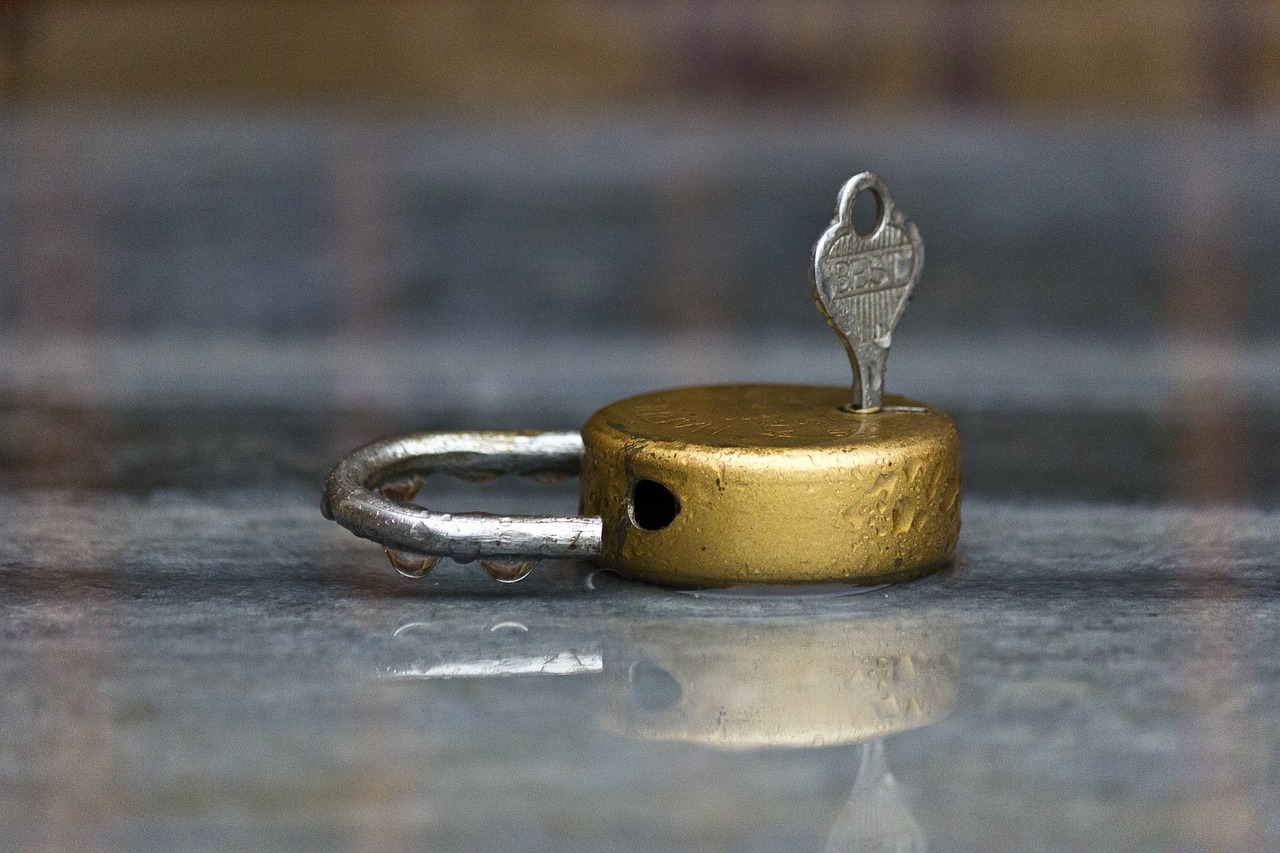What is the singular most important thing we must do, without which communication breaks down? Communication is the key to resolving conflict. In fact, it is also the key to preventing and minimising conflict whether in our personal or professional lives. Often the word “communication” brings imagery of speaking and gestures, making oneself understood.
However, authentic listening is imperative. William Ury, the author of seminal book on negotiation “Getting to Yes” emphasized this aspect of communication as fundamental, yet often overlooked, to any conflict resolution. Without authentic listening, we are merely waiting our turn to speak.
So how do we do authentic listening?
- Be empathic.
Empathy is the art of walking in another’s shoes, stranger or otherwise. It is to acknowledge and take in another’s experiences from their perspective, not from our own experience, views, ideas or values. It is seeking to understand. We may not agree, but we can understand.
Empathy is a component of the widely known skillset of emotional intelligence. It can be learned.
- Pay attention.
Listening requires attending to the speaker and the content. It is a matter of integrity to prepare ourselves mentally to meet the other. To orientate ourselves to acknowledge, to be open and to accept the other, without preconception. This is not to disregard our experiences, our ‘instinct’, our intelligence but rather to move them slightly aside to make space for other possibilities, constructive ones perhaps. This is the essence of not being closed-minded, and to maybe believe in surprise and a little magic. J
- Put your ego aside
Sometimes we hear things which are unpleasant… about ourselves. Sometimes we hear things that seems to be stranger than fiction and inaccurate. It’s confronting, and our first instinct is to deny, to return volley, to give as good as we got if not harder. Don’t.
It is not about whether we are right or wrong, or whether we look good or bad in the speaker’s eyes, nor the effect of what is being said to us. It’s not about us. It is how we take this opportunity to understand the speaker’s perspective, how he or she could have arrived at a certain conclusion, to see their truth.
It is about the speaker and the opportunity provided to express their experience, views, ideas or value. The listener’s job is to pay attention, to listen with empathy without judgment.
- Silence is necessary
When we hold space for more, more arrive. To do this, we keep silent. The speaker may be considering whether to add, to elaborate, to divulge… sometimes the speaker is expecting a return argument, a denial, a scoff… many things are happening in the speaker’s mind, what we cannot know for sure. But if we stay silent, just for a little bit longer, perhaps we would find out. It is not a competition as to who should speak faster or more. So give the speaker, and the conversation time.
- Demonstrate you have heard
To build a relationship, it is important over the course of the conversation to indicate to the speaker that we have listened and heard.
We do this when we ask discerning questions seeking clarification, when we acknowledge the emotional content of what’s been said, when we recount the facts told to us as the other sees them. We are able to convey this when we imbue the conversation with a generosity of spirit in receiving the speaker and giving the speaker the attention and empathy necessary in the situation.
Authentic listening, as with any skill, will require practice, practice and more practice. Enjoy!




